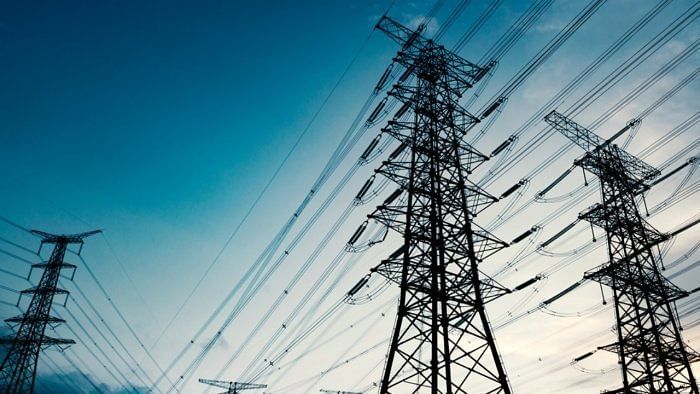
The recent increase in power tariff has dismayed industrialists, hoteliers, and other power-intensive sectors since higher tariff will shoot up operational costs.
Several industrialists have fiercely opposed the 70 paise per unit hike by the Karnataka Electricity Regulatory Commission (KERC) last week and plan to make a representation to the new government.
The hike, the highest in a decade, may burden the industries by 30 per cent and affect production costs.
“The fabrication industries and foundries heavily depend on electricity supply. The steep increase will impact production costs, which, in turn, will reflect on the commodity prices,” said Suresh N Sagar, honorary secretary of the polymer manufacturers association and a member of the Machohalli Industrialists Association.
B V Gopal Reddy, president of the Federation of Karnataka Chambers of Commerce and Industry (FKCCI), believed that this is not the right time for a price revision since the industries are just recovering from the pandemic-induced losses.
“The costs are going to increase significantly owing to the rise in power tariff. Industries are marking a slow recovery and the rise in charges will affect the production,” Reddy said, adding that they are waiting for the formation of the new government to air their views.
“We are hopeful that the new government will consider our requests. Earlier, there have been instances when we opposed such abnormal rises and the government slashed down the hike,” he said.
Suresh said increased production costs could hurt exports and sales.
“For instance, we supply to many other states in the country and we will have to offer them reasonable prices. The export market is more competitive.
“The increase in prices could dent our chances at exporting more,” he said.
The tariff hike has also left hoteliers concerned. “The electricity charges of even a small hotel go up to Rs 50,000 and even a 10% increase will be a burden,” said P C Rao, president of the Bruhat Bengaluru Hoteliers Association (BBHA).
Industrialists said in unison that energy supply companies must provide quality power. An uninterrupted power supply is still a project in the pipeline for many industries, they said.
“Such unexpected interruptions cause wastage since the machines will be operating at full capacity. Escoms need to focus on these issues,” Suresh said.